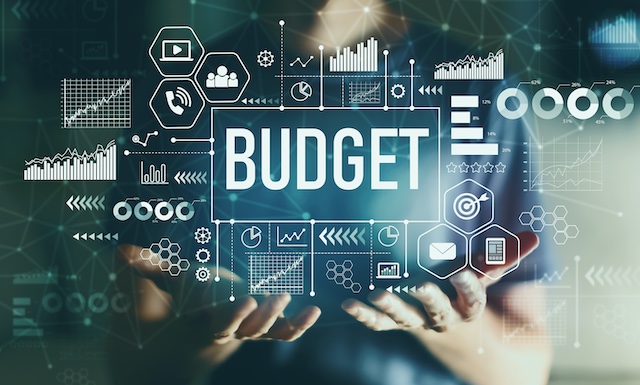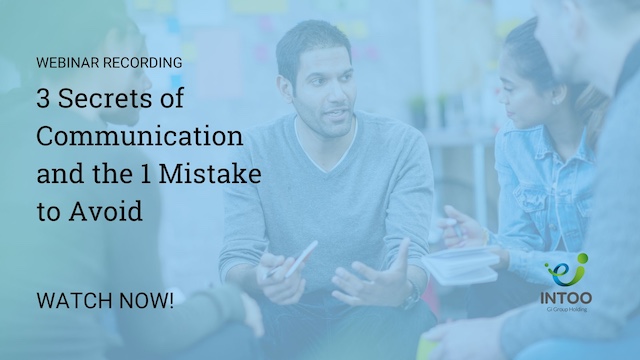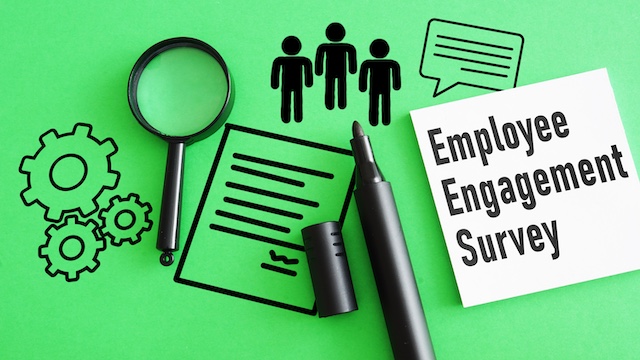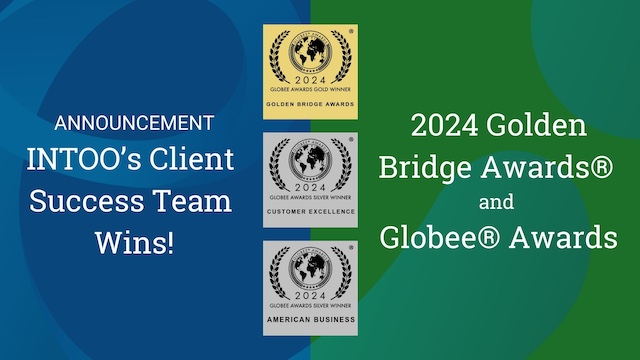Born between the mid-1990s and early 2010s, Generation Z represents a pivotal demographic whose retention within the workforce is paramount for sustained organizational success. Raised in an era characterized by rapid technological advancements, Gen Z individuals possess a distinct skill set and worldview that can significantly benefit companies. Their adeptness in navigating digital platforms, coupled with a strong inclination towards purpose-driven work, underscores their value within the workplace. Nurturing these employees is crucial, as Gen Z is the fastest-growing demographic of workers, so they are and will continue to be a significant contributor to business performance.
However, retaining Gen Z talent presents a formidable obstacle, given their penchant for exploration and novelty. To effectively mitigate this challenge, organizations must cultivate a deep understanding of the motivations and preferences unique to this generation. By aligning corporate strategies with Gen Z’s aspirations and offering avenues for growth and meaningful engagement, companies can foster an environment conducive to long-term retention and capitalize on the immense potential that this group brings to the table.
What opportunities are valued by employees almost as much as a promotion or pay raise? Read the report to find out.

What Are the Benefits of Hiring Gen Z Employees?
Hiring Gen Z employees offers numerous benefits to organizations, making them a valuable asset in today’s rapidly evolving workplace. Firstly, Gen Z individuals are inherently tech-savvy, having grown up in the digital age. This fluency with technology enables them to quickly adapt to new tools and platforms, making them invaluable in navigating the ever-changing technological landscape of modern businesses.
Moreover, Gen Z employees are often highly educated, with a significant portion holding college degrees or pursuing higher education. This level of education equips them with critical thinking skills, problem-solving abilities, and a strong foundation of knowledge in their respective fields, making them well-equipped to tackle complex challenges in the workplace.
Additionally, Gen Z brings fresh perspectives and innovative ideas to the table. Their diverse experiences and viewpoints contribute to a dynamic and creative work environment, fostering innovation and driving organizational growth.
Overall, hiring Gen Z employees ensures access to top talent and brings a wealth of skills, expertise, and creativity to the workplace, positioning organizations for success in the digital age.
8 Strategies to Retain Gen Z Employees and Keep Them Engaged in the Workplace
Retaining Gen Z employees and keeping them engaged in the workplace requires a strategic approach that aligns with their unique values, aspirations, and expectations. Here are seven key strategies to effectively retain and engage Gen Z talent:
1. Foster a positive work culture
Cultivate a work environment that prioritizes inclusivity, collaboration, and psychological safety. Gen Z employees value a sense of belonging and purpose in their workplace. Facilitate open communication, recognize their contributions, and foster strong interpersonal relationships among team members. By creating a supportive and positive work culture, you can enhance job satisfaction and promote employee retention.
2. Provide growth opportunities
Offer regular learning and development (L&D) opportunities to help Gen Z employees advance their skills and careers. According to the report from INTOO & Workplace Intelligence, Unlocking Organizational Success by Supporting Employee Growth and Development, nearly all Gen Z employees say best-in-class L&D programs would increase their engagement, job satisfaction, motivation at work, and likelihood of staying at the company.
You can fulfill this need by implementing mentorship programs, career coaching, training workshops, and skill-building initiatives to support these team members’ professional growth. Encourage them to take on challenging projects, explore new roles, and pursue additional responsibilities. Providing clear pathways for advancement and skill development demonstrates your commitment to their long-term success and encourages them to remain with the company. Dismissing this desire for support comes with risks: the report showed that 44% of Gen Z employees say it’s likely they’ll quit within six months if they don’t get it.
3. Show respect regardless of age
Hierarchies don’t impress Gen Z. Respect and value Gen Z employees’ perspectives, ideas, and contributions, regardless of age or experience level. Avoid stereotypes or assumptions based on generational differences and instead focus on individual strengths and capabilities. Foster cross-generational collaboration and mentorship to facilitate knowledge sharing and mutual learning. By encouraging a culture of respect and appreciation, you can create a more inclusive and supportive workplace environment for all employees.
4. Offer purpose and meaning at work
Provide opportunities for Gen Z employees to engage in meaningful work that aligns with their values and passions. Clearly communicate the company’s mission, vision, and values, and demonstrate how their contributions contribute to larger organizational goals. Engage them in projects or initiatives that positively impact society or the community, allowing them to feel a sense of purpose and fulfillment in their work. By connecting their roles to a greater purpose, you can increase their motivation and commitment to the organization.
5. Have regular check-ins and career conversations
According to our report, Gen Z employees were more than twice as likely as Boomers to say they’d like to have career conversations with their manager at least 2x a month. The same report showed 62% of Gen Z employees would like to have more career conversations with their manager, but their manager is too busy. Making the time to check in regularly with these employees can help them create strategies for growth that are aligned with your company’s objectives, benefiting both parties. These conversations are a good opportunity to track progress on their development, create strategies for their growth, and identify resources that can help them.
6. Be an ethical employer
Demonstrate a commitment to ethical business practices, corporate social responsibility, and sustainability initiatives. Gen Z employees place a high value on integrity, transparency, and social consciousness in the workplace. Ensure your company operates ethically and responsibly in all operations, from hiring practices to environmental stewardship. Engage Gen Z employees in discussions about social and environmental issues and involve them in decision-making processes related to corporate citizenship. By being an ethical employer, you can earn their trust and loyalty while contributing to a positive social impact.
7. Invest in new technology
Embrace cutting-edge technology and digital tools to enhance workplace productivity, collaboration, and innovation. Gen Z employees are digital natives comfortable with technology and expect modern tools and platforms to support their work. Provide access to the latest software, apps, and digital infrastructure that streamline workflows, facilitate remote work, and enable seamless communication. Invest in training programs to help Gen Z employees leverage technology effectively and stay updated on emerging trends and technologies relevant to their roles. By embracing innovation and technology, you can create a dynamic, forward-thinking workplace that appeals to Gen Z talent.
8. Prioritize work-life balance
Recognize the importance of work-life balance and support Gen Z employees in achieving harmony between their professional and personal lives. Offer remote work options, flexible hours, or other arrangements to accommodate their individual needs and preferences. Encourage healthy boundaries around workload and downtime, and provide resources and help for managing stress and burnout. By prioritizing work-life balance, you can promote employee well-being, reduce turnover, and foster a more engaged and productive workforce.
Help your employees take charge of their careers. Download these tips to make career development conversations more meaningful.
Start Hiring & Retaining Gen Z Employees Now
Retaining Gen Z employees requires a proactive and tailored approach that acknowledges their unique needs and preferences. By prioritizing positive work culture, growth opportunities, ethical practices, and technology integration, companies can foster a conducive environment where Gen Z talent can thrive and contribute meaningfully to organizational success. Embracing these strategies not only aids in retaining Gen Z employees but also positions companies as employers of choice in today’s competitive job market.
INTOO offers tailored career development programming to suit your Gen Z employees and every other member of your organization. Contact us today to learn how we can help you attract and retain this vital population of talent.











